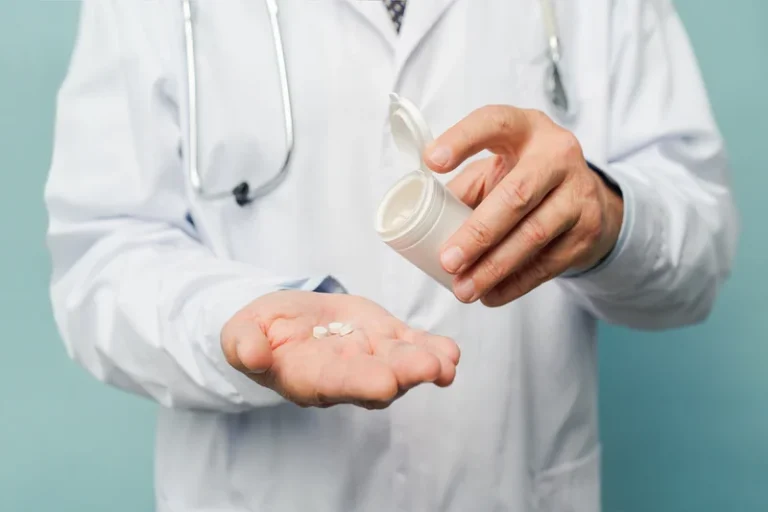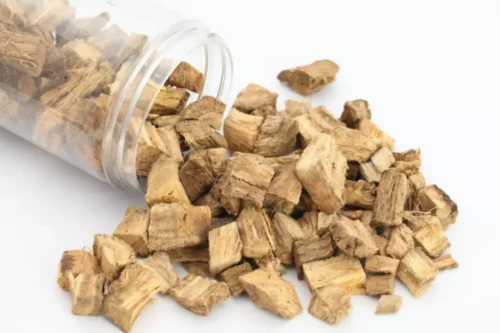
People with alcohol withdrawal develop symptoms when they try to quit drinking. Night sweats can also be a symptom of alcohol withdrawal, which occurs when someone who is dependent on alcohol suddenly stops or reduces their drinking. If you regularly have night sweats after drinking that can’t be explained by other conditions, you could have alcohol use disorder or compulsive alcohol misuse. Between 10% and 60% of adults experience night sweats, or the sensation of sweating during sleep or at night.[1] For some, a condition like menopause, low blood sugar or HIV is to blame. Certain medications like antidepressants can cause night sweats as well. Alcohol withdrawal symptoms can be safely and effectively managed within an inpatient detox environment, such as a detox facility or addiction treatment center.

There are several common signs of alcohol withdrawal that can disrupt a person’s sleep and cause physical discomfort after their last drink during the detox process. Stay hydrated by drinking plenty of water and replenish your body’s electrolytes by eating salty foods like pickles or crackers. If you wake up with night sweats, make sure to rinse off any dried sweat and keep your bedroom temperature at a comfortable level before heading back to bed without excess blankets. By doing these simple things, you can lower the impact of night sweats due to alcohol intolerance. Preventing and managing night sweats for those with significant alcohol problems requires a multifaceted approach that addresses both the physical and psychological aspects of addiction. For those who are unable to reduce their alcohol intake on their own, a medically supervised detox can be a crucial step.

Excessive sweating will only dehydrate you further, leaving you worse for wear. To replenish the fluids you’ve lost, Dr. Blyden-Taylor recommends not only drinking water but also electrolytes. If you or someone you know is planning to quit drinking, consider reaching out to an Addiction Treatment Professional for an initial assessment or checking into a rehab center. However, it is important to note that not everyone with a high tolerance struggles with alcoholism. Those who have been drinking responsibly for years will build up tolerance slowly over time.
(1) Individuals experiencing alcohol night sweats may wake up feeling cold due to the body’s production of sweat in response to alcohol consumption. After you make a plan with a medical provider to stop drinking alcohol safely, the brain and body will regain their natural balance over time, and withdrawal symptoms will decrease. You can meet with a specialized physician, such as myself, to learn more about treatment options, including medication to stop drinking and specialized alcohol therapy. Diacetic acid, in particular, has a scent reminiscent of vinegar, and when you sweat—which, according to experts, is likely when you drink alcohol—it might explain why your armpits smell. Just as eating certain foods can cause body odor, so too can drinking alcohol. Alcohol-induced odor is likely to surface when you sweat, which is to be expected when you drink, says Dr. Mayer.
Drinking can bring about an increase in the heart rate, which causes the blood vessels in the skin to broaden, causing the body to sweat more than it naturally does. It is important to note that a significant difference exists between having a drinking problem and struggling with alcoholism. Those who might have a drinking problem will likely have a hard time preventing alcohol from affecting their work and personal lives. For example, these individuals may come to work hungover or have strained relationships due to their chronic drinking habits or what they said/did while drinking. However, their substance use as a whole may not reflect an Alcohol Use Disorder. Too much alcohol intake can increase the body temperature, leading to vasodilation and sweating, which are the body’s means of maintaining optimal temperature.
Fortunately, our body can get rid of acetaldehyde via the second metabolism when the enzyme ALDH converts it to acetate. Acetic acid is then converted in the liver cells to carbon dioxide and water, where it is ready to get flushed out via urine. In the case of alcohol (a toxin), our livers break it down via an enzyme in our liver cells called alcohol dehydrogenase does alcohol make you sweat (ADH). The liver metabolizes 90% of the alcohol you ingest, which takes time. As a first step, we offer a free addiction assessment, where we can develop an understanding of the difficulties you’ve been experiencing and talk you through how we could help. Sweat is crucial for keeping our bodies cool, but sweating can be uncomfortable when you’re trying to sleep.
If you have a problem abstaining from alcohol, this may signal alcohol use disorder, often called an alcohol addiction or alcoholism. Night sweats are a common sign of alcohol withdrawal, which is a condition that https://ecosoberhouse.com/ can develop when a person with alcohol dependency stops drinking alcohol. Managing alcohol-related night sweats involves a combination of lifestyle adjustments, proactive hydration, and environmental tweaks.
This form of alcohol intolerance is less common, and primarily occurs in two situations. A simple search for an inpatient alcohol rehab center near me can show people the options they have. However, it is always better to opt for a well-reviewed rehab center compared to the one closest to you. These are a temporary symptom that occurs in conjunction with other short-term symptoms, such as nausea, loss of appetite, depression, anxiety, and more.